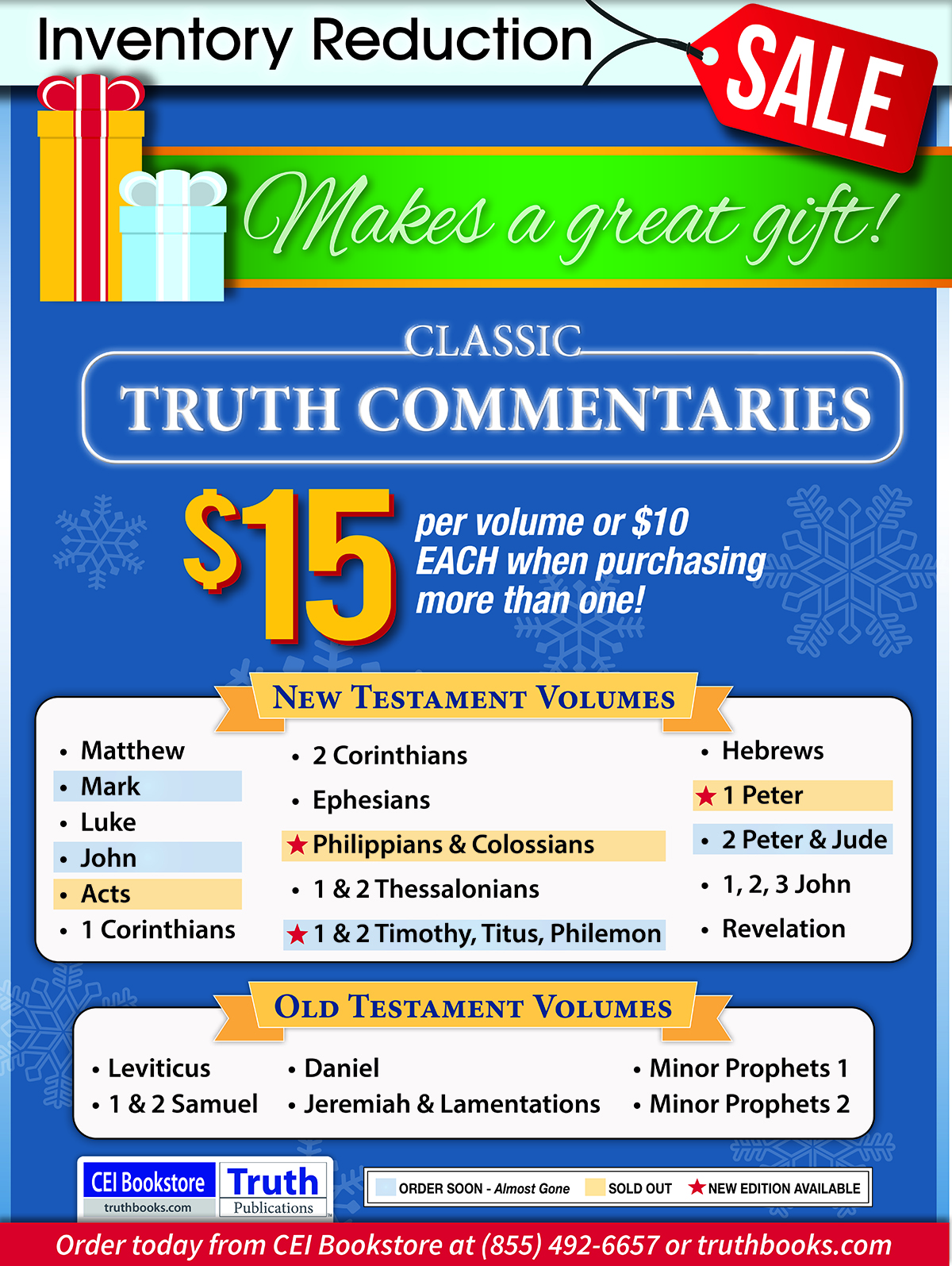

by Stephen Hutcheson
Synopsis: The Psalms, as expounded and expanded by the New Testament, offer an apostolically-approved pattern for Christian praise.
Quoting Psalm 102:25-27, the writer of Hebrews affirms, "But about the Son, He says… 'In the beginning, God, you founded the earth, and the heavens are the work of your hands; Even they will perish, but you remain; they will all wear out like clothing; like a cloak you will roll them up, and like clothing they will be changed. But you are the same, and your years will never end'" (Heb. 1:8, 10-12).
According to its title, Psalm 102 is a prayer for a suffering man. It makes no "prediction." Trusting in divine promises recorded elsewhere, it asks for relief, both for the sufferer and his nation. Transcending the concerns of the occasion, it concludes with a hymn of praise.
This hymn is addressed to God as Creator. It does not mention any aspect of the incarnation. It does not raise any moral issue. It does not mention any future event except for the end of all things. Yet, Hebrews 1 unashamedly applies it to Jesus. How can that be right? Is this an example of a Messianic prediction that's so ineffective it can't even be recognized as a prediction without divine guidance—but we should add it to our list of Messianic predictions anyway? Surely not!
There is a more plausible perspective: The Old Testament seldom distinguishes within God: "Listen, Israel: Yahweh your God is one." The New Testament claims, in various ways, that Jesus is God (but can sometimes be distinguished). The apostles freely applied Old Testament statements about God—undistinguished to Jesus. If "in the beginning God created," it necessarily follows that "through the Son of God all things were made" (John, Paul to the Colossians). If "God sustains creation by his word," then so does the Son (to the Hebrews). If "God was with the Israelites in the wilderness," then so also must have been the Christ (Paul to the Corinthians). Wherever God acted, the Son co-acted (but usually in an indistinguishable manner).
If what is true about God is also true about the Son, then that same truth can be expressed in the same words concerning either. If a Psalm praises God for his wisdom and power in creation, Christians will use it to praise the Son for His co-equal power and wisdom. If a Psalm praises God for His Shepherd-like actions, we will include the Son in our thought. Following the examples in John's vision, we will sometimes explicitly sing "to God and to the Lamb".
The New Testament takes one final step. The "New Song" of Revelation 5 directs praise specifically to the Lamb alone. Such poetic strains as Philippians 2, Colossians 1, and John 1 have the same focus. These (and other similar eulogies) likely were based on early hymns—or early became the basis of hymns. We are reminded of the Bithynian Christians who "sang praises to Christ, as to a God" in the apostles' lifetime (as attested in Pliny's famous epistle).
We also should adapt these apostolically-approved examples of praise to our own worship. Psalms, Hymns, and Spiritual Songs is to be commended for including "Tell out, my soul, the greatness of the Lord."1 Although gloriously-singable contemporary versions are available, we sing nothing corresponding to such paeans as Colossians 1:15ff2, Philippians 2:6ff3, Revelation 54. Surely, if we examine the examples of praise in the New Testament, we will find much more to sing about!
1 "Tell Out, My Soul," Timothy Dudley-Smith (#168). David Maravilla, Steve Wolfgang, C. E. Couchman, Craig Roberts, editors. Psalms, Hymns and Spiritual Songs. Mumford, KY: Sumphonia Productions, 2012; cf. Luke 1:46ff. Hymnary.org. https://hymnary.org/text/tell_out_my_soul_the_greatness_of_the_lo
2 For instance, "We Come, O Christ, to You, True Son of God and Man," by Margaret Clarkson (1946). Hymnary.org. https://hymnary.org/text/we_come_o_christ_to_you
3 For instance, "All Praise to Thee, for Thou, O King Divine," by Francis Bland Tucker (1938). Hymnary.org. https://hymnary.org/text/all_praise_to_thee_for_thou_o_king_divin
4 For instance, "Heavenly Hosts in Ceaseless Worship," by Timothy Dudley-Smith (1972). Hymnary.org. https://hymnary.org/text/heavenly_hosts_in_ceaseless_worship
Author Bio: Stephen is a retired programmer and volunteer e-book developer. He worships with the Judson Road church in Longview, TX. He and Ruth have two children. He can be reached at stephen.hutcheson@gmail.com.

